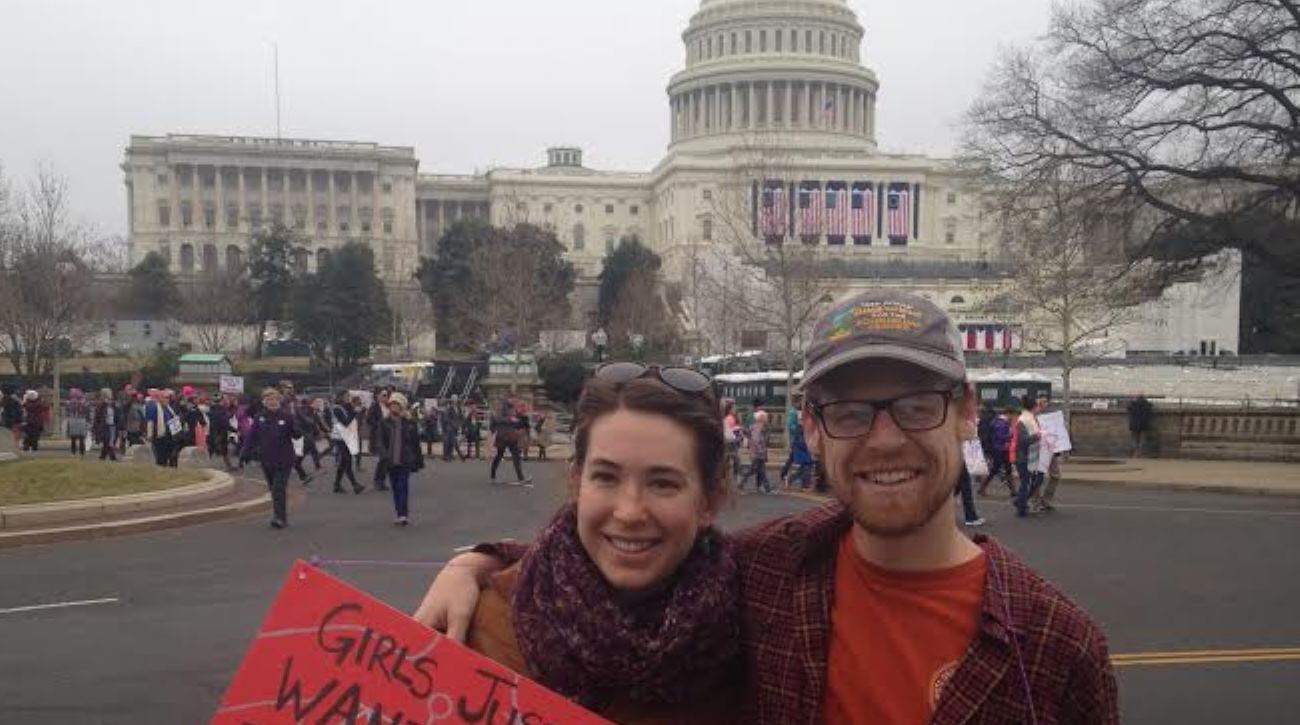Joel Wenger enrolled in the Milken Institute School of Public Health because of its reputation and location. His instincts were right. The school’s resources, the area’s professional opportunities and its diverse and stimulating community exceeded his expectations.
While working on his MPH in Global Environmental Health, Wenger completed his practicum at the Pan American Health Organization (PAHO). Headquartered in Washington, DC, and part of the World Health Organization, PAHO works with 48 member countries and territories in the Americas to establish regional health priorities and address the many borderless health issues. While at PAHO, Wenger worked to inform the guidelines for mercury, a neurotoxicant that people can be exposed to by eating some fish and through amalgam dental fillings, as well as from coal-fired power plant emissions, through some mining activities, and by some consumer products including thermometers, batteries, compact fluorescent lights, and pharmaceuticals. Wenger explains, “I wrote synopses of articles in Spanish for governmental organizations to read about and see which articles they would employ to help them with their mercury guidelines. It was great working at PAHO and getting to know an intergovernmental organization.“
The project helped Wenger improve his Spanish skills and his understanding of iterative process as he worked with staff members in Geneva on multiple revisions. “I also got to see how toxicology data was actually employed, or not used, as was often the case, because it was often difficult to adhere to the best principles,” said Wenger.
These skills also proved helpful with Wenger’s Culminating Experience investigating kidney disease of unknown cause in Central America, specifically among sugar cane workers. Wenger’s initial research led to his hypothesis that elevated uric acid levels among sugar cane part of the World Health Organization workers are possibly due to rhabdomyolysis from the strenuous exertion required by their work. (Rhabdomyolysis results from the death of muscle fibers and release of their contents into the bloodstream. The condition can lead to renal failure.) Wenger spoke enthusiastically about his CE process, “It taught me how to look at current research, formulate a hypothesis, work through data in SAS (a statistical program), think about confounders and what possibly could be skewing my data, get results, apply those results, and draw some conclusions about the work and formulate it into a paper and poster board.” The support of Assistant Professor Kate Applebaum helped Wenger tie his coursework together with his final project.
After earning his MPH, Wenger remains at GW, completing rotations in different disciplines in medicine to complete the physician’s assistant degree he is working toward in the joint MPH/PA program. He credits his public health year with helping him consider how to approach a patient from the perspective of his or her environment. “I think about toxicology a lot, and different exposures people may have, which do not directly cause disease but are likely additive. Additionally, my knowledge of climate change constantly comes up while listening to patients’ stories of the different threats they may have faced including heat exposure, floods, and readiness for major events such as hurricanes, said Wenger.
Beyond acquiring an expansive and continually developing world view, during his GEH studies, Wenger had the opportunity to play sports and socialize with accomplished, multicultural colleagues. Memorable and informative experiences can flourish inside and outside the classroom.


